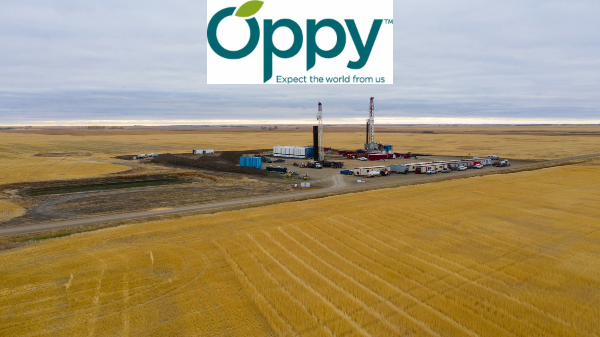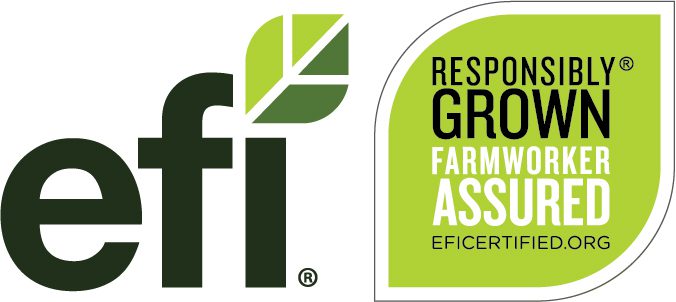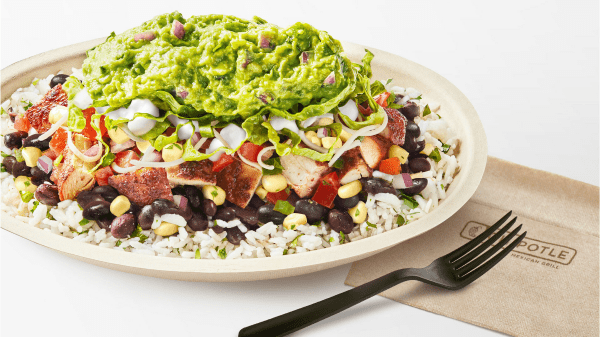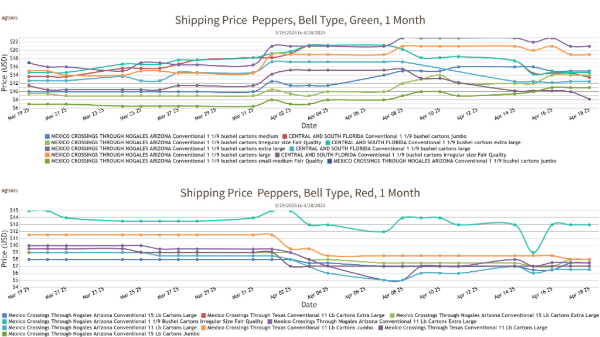Welcome to Blue Book!
Are you ready to join the thousands of companies who rely on Blue Book to drive smarter decisions? View our plans and get started today!
Still have questions? We’d love to show you what Blue Book can do for you. Drop us a line– we’ve been waiting for you.

Weather
McCowan believes weather posed the greatest challenge for Texas produce businesses in 2014. For one, East Texas experienced an unexpected freeze in March, which impacted many crops in the area—particularly peaches. “One peach grower said the peach trees were full of thousands of blooms,” recalls McCowan. “That night, temperatures dropped into the teens for about eight hours, and even though he had windmills circulating the air, it wasn’t enough. The next day all the blooms had dropped.”
As a result, the peach grower harvested a mere 15 percent of his original estimate. “I bought every box I could from him,” McCowan says. “We just hope the weather cycle will be more favorable this year.”
Cox says weather issues have always been a challenge, and everyone just has to work around it. “But it’s going to be interesting if California doesn’t get rain this year,” he adds, pointing out how the lack of rainfall resulted in much smaller navel oranges coming out of the Golden State.
Food Safety
As with produce professionals across the nation, Dallas growers and suppliers are contending with increasingly stringent food safety regulations. “Even though growers have always been conscious about food safety, it’s becoming more and more prevalent,” says McCowan, adding that Hardie’s is extremely food safety-conscious and prepared for an audit at any time. “When I go out and visit with these local growers and food safety comes up in conversation, they always ask how they can do things better. Because in the end, nobody wants to make anybody sick.”
Yarborough admits, “It’s a headache,” but a necessary part of doing business. “So we dot our Is and cross our Ts and make sure we’re in compliance.”
Spradling thinks the renewed emphasis on food safety has an upside, spurring growth in organic foods and new packaging. “I’ve noticed more organic and sealed product this year,” she says, noting some suppliers have already implemented more stringent food safety measures, anticipating the Food Safety Modernization Act’s new rules, which will impact handling and manufacturing practices.
“Our biggest challenges have been both food safety and collections,” Spradling explains, finding it difficult to keep up with the revolving door of businesses. “Companies are in and out [of business] so quickly,” she says, and when customers pay slow, often owing substantial amounts, it “kills cash flow.”
Don’t Mess with Dallas
Despite the many challenges they face, most Dallas produce professionals believe the future is a bright one—especially for businesses that are able to adapt. “Produce is always changing,” says Cox. “I’m optimistic about the future, but it’s going to evolve.”
Spradling agrees, saying, “Dallas has changed more in the last five years than in the last twenty-five; it is a new generation of produce people.”
Image: Shutterstock








